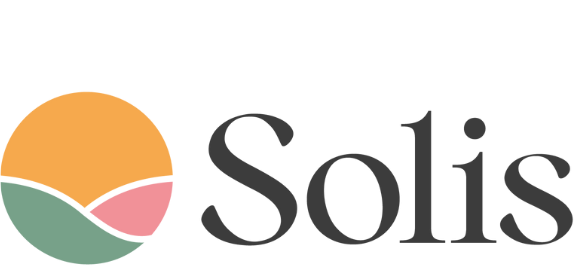
Breast cancer can strike unexpectedly, often without warning. For Tracy*, a 53-year-old mother of four and passionate hobbyist potter, a routine MRI changed everything. What began as curiosity about advanced screening became a journey of discovery, courage, and empowerment – showing that knowledge, vigilance, and support can make all the difference in living well after cancer.
Please share your name, age, and a little about yourself.
My name is Tracy, I’m 53 years old, a mother of four boys, and a hobbyist potter.
Can you tell us about your journey with breast cancer — how you first discovered it and what went through your mind at diagnosis?
I had no physical symptoms and no family history of breast cancer. Living abroad, I had been told during regular mammogram screenings that my dense breast tissue was common and “nothing to worry about,” though I was advised to continue six-monthly mammograms.
These frequent screenings were inconvenient, so when I read that MRI was considered the “gold standard” for dense breasts, I decided to try it while visiting Singapore. I expected a clear MRI that would allow me to reduce the frequency of mammograms.
My doctor at Solis was curious why I wanted an MRI, as my mammogram and ultrasound showed nothing concerning, but she agreed to order it. To my surprise, the MRI revealed a suspicious non-mass enhancement in my right breast, visible only on MRI. A biopsy followed, initially showing atypical ductal hyperplasia (ADH), which surgery later upgraded to Ductal Carcinoma In Situ (DCIS).
Within two weeks, I went from reassurance to shock. I questioned why this had happened to me despite having no risk factors or symptoms. I berated myself for assuming the MRI would be clear and panicked over how much time I might have left with my children and husband. Why me?
What was your biggest concern or worry at that time, and how did you go about finding information or support?
My foremost concern was to remove all the traces of cancer from my body. I followed my doctor’s advice and underwent radiotherapy and endocrine therapy. I read every report, learned every medical term, asked informed questions, and explored ways to reduce the risk of recurrence. Knowledge became my way of regaining control.
What helped you find strength during your treatment and recovery?
I was mostly alone in Singapore with one of my sons who was serving National Service, while my husband and other sons remained abroad. But my extended family and friends came out in full force for me. They jostled to accompany me to doctor visits and radiotherapy sessions, waited for me before and after surgery, surrounded me with prayers, nourished me with food, and gave me space to cry and ruminate — always making sure I knew I was not alone.
What does “survivorship” mean to you, and how do you define “living well” after cancer?
Survivorship means living intentionally. It has been just over a year since my diagnosis, and I take comfort in knowing the cancer was localised and treated accordingly.This experience has taught me to live more purposefully – to see each encounter and interaction as a meaningful step toward the next chapter of my life. Each year of living cancer-free is a blessing and an accomplishment.I’ve also become more conscious of my lifestyle. I now eat less red meat and focus on more vegetables, fruits, legumes, and soy. Taking ownership of my health feels empowering.
How has this experience changed your outlook on life, family, or work?
I’ve learned to let go of control and trust that life is molded through challenges, much like clay on my pottery wheel. Every experience shapes us. I now focus on what truly matters: meaningful relationships, gratitude and moments of joy.
What advice would you give to other women going through a similar journey – or to young women about breast health and screening?
Many Asian women have dense breast tissue, which can make cancer hard to detect. Family history and lack of symptoms do not guarantee safety. Be proactive, ask questions, and ensure your screening is thorough. Trust the expertise of your surgeons, radiologists interpreting your scans, and pathologists – and trust your instincts.
What mantra or lesson do you carry with you today?
Know and trust your gut instinct. If something seems off or keeps bothering you, ask questions until you find peace of mind.
From diagnosis through treatment and into survivorship, Tracy’s story reminds us that life after cancer is not just about recovery – it’s about reclaiming control, finding purpose, and living fully. With determination, knowledge, and the support of loved ones, survivors can face uncertainty with confidence and grace.
Her journey is a testament to resilience and the power of trusting oneself – inspiring others to prioritise their health, seek understanding, and define their own path to living well.
*Name has been changed to protect the individual’s privacy.



